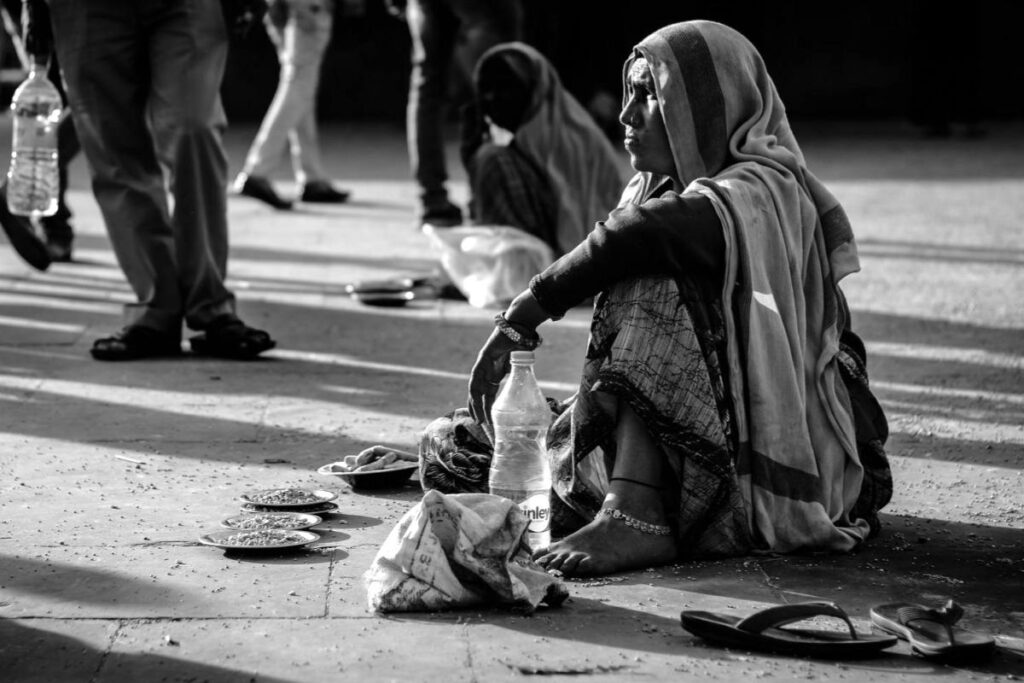An ICIJ investigation examines networks of companies, people and business practices that draw profit from cross-border labor trafficking and sex trafficking.On any given day, the United Nations estimates, nearly 28 million adults and children around the world are trapped in jobs that are so oppressive that they amount to modern slavery or human trafficking.
They are forced to work long hours for little or no pay, toiling on farms and construction sites, in sweatshops and restaurants, as janitors and, in some cases, sex workers. They are exploited by recruiters and employers who use their poverty, isolation and immigration status against them, often threatening them with violence, arrest or deportation or ensnaring them in debts they struggle to repay.
A new investigation by the International Consortium of Investigative Journalists and other media partners has begun examining human trafficking in Asia, Africa, the Middle East and the United States.
The investigation, Trafficking Inc., focuses on two forms of human trafficking: labor trafficking and sex trafficking. Both involve using force, fraud or coercion to induce someone to work or provide a service.
ICIJ and its reporting partners are working to bring to light untold stories of hardship and abuse suffered by trafficked people — and expose the networks of companies, individuals and business practices that set the traps and profit from them.
The investigative team includes journalists from ICIJ, NBC News, WGBH Boston, The Washington Post, Arab Reporters for Investigative Journalism, the Philippine Center for Investigative Journalism and the Investigative Reporting Program at the University of California, Berkeley.
Other media partners will be added as the investigation continues.
Stories released today by ICIJ, The Post, NBC and ARIJ reveal that many foreign workers for defense contractors on U.S. military bases in the Persian Gulf have been targets of abusive labor practices — including illegal recruiting fees that force migrants who are paid as little as $1 an hour to work for years before they’ve paid off their debts.
..
..
Stories released earlier this month by WGBH revealed flaws in U.S. protections for trafficked workers and the failure of Massachusetts authorities to punish labor traffickers who prey on vulnerable workers.
Human trafficking is said to be the world’s fastest growing criminal enterprise. In 2014, the United Nations’ International Labor Organization reported that, between them, labor and sex trafficking produce an estimated $150 billion in illicit profits annually. At that time, the organization said 21 million people were working under conditions of forced labor. A report released in September by the International Labor Organization and a nonprofit group, Walk
Free estimated that, as of 2021, the number of people working under forced labor conditions had grown to 27.6 million.
Keeping workers physically and emotionally isolated is a method of control in many trafficking cases. Employment agents or employers often take away passports and cell phones and tell workers that if they try to leave they will be arrested.
Some recruiters and employers use threats of violence or actual violence to trap and control trafficked workers. But coercion in human trafficking doesn’t always involve direct threats of physical harm. Often workers are lured into well-laid traps that ensnare them in large debts for recruitment fees or take advantage of their precarious immigration status.
In some countries it is a crime to break an employment contract. Authorities often don’t care if the contract was fraudulent or the employer abuses workers.
Under the “kafala” system in Jordan, Lebanon and most Persian Gulf countries, for example, employers exercise wide control over migrant workers’ freedom of movement and legal status. The Council on Foreign Relations, a New York-based think tank, notes that there’s growing recognition the system is “rife with exploitation.”
Beyond the kafala system, immigation laws in many countries — including the United States — leave migrant workers vulnerable to labor abuses.
The toll that labor trafficking takes on workers is wide-ranging and powerful. Along with economic exploitation, they can be exposed to physical and sexual violence, infectious diseases, hunger, unsanitary living arrangements and dangerous working conditions. Surveys of workers who have been trafficked find high levels of depression and post-traumatic stress disorder.
War, disease, disasters, global warming, poverty and inequality serve as “push factors,” prompting vulnerable workers to seek out new jobs and new lives in new places.
Amid the global Covid-19 pandemic, the United Nations reported that human traffickers had adjusted their business models to the “new normal” created by the disease, especially through “the abuse of modern communications technologies.”
“Most importantly,” the U.N. said, “the pandemic has exacerbated and brought to the forefront the systemic and deeply entrenched economic and societal inequalities that are among the root causes of human trafficking.”
..
October 27, 2022 Published by The International Consortium of Investigative Journalists, Inc.







